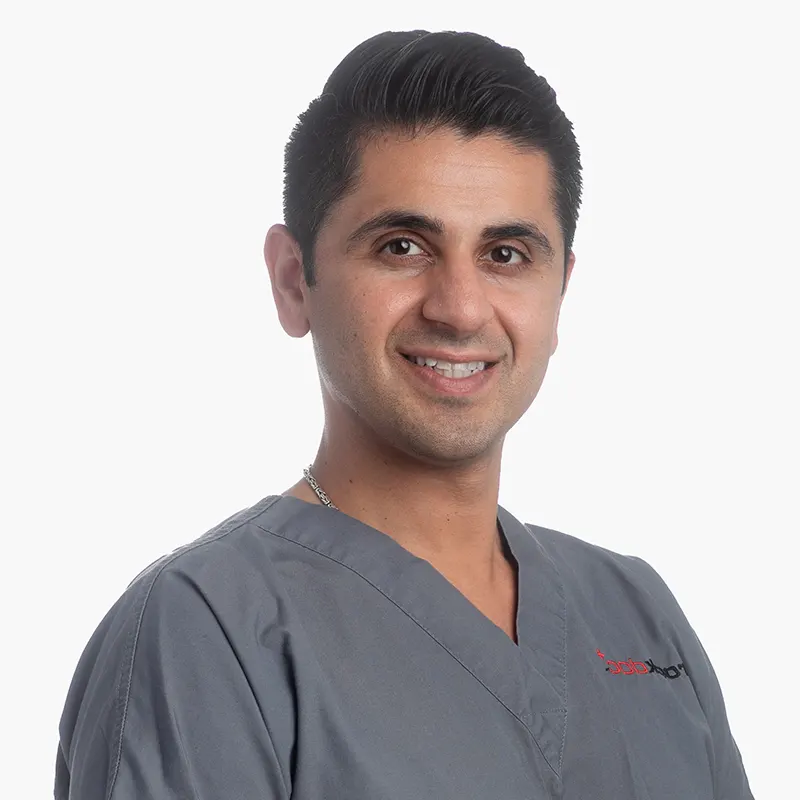Egypt has a diverse landscape that includes the Nile River, expansive deserts like the Sahara and the Western Desert, and coastal areas along the Mediterranean Sea and Red Sea. Egypt offers a range of activities for travelers, such as Nile River cruises, diving and snorkeling in the Red Sea, camel rides in the desert, and exploring ancient temples and archaeological sites.
Egyptian cuisine is known for its flavours and spices, with popular dishes like koshari (a mix of rice, lentils, and pasta), falafel, and kebabs. Travelers should always practice good hygiene like frequent hand-washing to avoid traveler’s diarrhea. Be aware of potential health concerns in Egypt and take precautions, such as drinking bottled water and considering vaccinations for diseases like hepatitis A and typhoid.
Hepatitis A virus can cause liver disease, and in rare cases, liver failure and death.
Typhoid is a bacterial infection contracted through contaminated food or water
Hepatitis B is a viral infection that targets the liver and may cause chronic infections.
Rabies is a viral infection transmitted through animal bites.
Measles is a highly contagious respiratory disease. Anyone who is not protected against measles is at risk of being infected with it when travelling internationally.
Polio is a highly infectious vaccine-preventable disease.
We have made every effort to ensure the accuracy and reliability of the provided information, however, it is not feasible for us to update daily. Please book a virtual consultation with one of our Travel Medicine Professionals for current, personalized advice and answers to any questions you may have.
Guards against the varicella-zoster virus, responsible for chickenpox.
Diphtheria-Tetanus-Pertussis (DTaP)
Protects against three different bacterial infections.
Vaccination against seasonal influenza strains is essential.
Provides immunity against all three diseases in one shot.
Essential for guarding against the poliovirus.
Offers protection against a viral infection that causes painful rashes.
The ongoing pandemic necessitates adherence to vaccination guidelines and preventive measures.
Most common illness for travelers, from consuming contaminated food & water
Many diseases are spread by the bites of infected insects such as mosquitoes, ticks, fleas or flies. Cover up and use mosquito repellents to protect against infection.
Medications such as acetaminophen (e.g., Tylenol) or ibuprofen (e.g., Advil) can be helpful for managing headaches, muscle pain, or fever.
It’s advisable to carry over-the-counter anti-diarrheal medications like loperamide (e.g., Imodium) to treat mild cases of traveler’s diarrhea. However, it’s important to stay hydrated and seek medical attention if diarrhea persists or worsens.
Antacids like Tums or Pepto-Bismol can provide relief from indigestion or heartburn, which can sometimes occur when trying new foods or experiencing changes in diet during travel.
If you have known allergies, carrying antihistamines like cetirizine(e.g., Reactine) or diphenhydramine (e.g., Benadryl) can help manage allergic reactions to environmental allergens or insect bites.
If you are prone to motion sickness, consider carrying medication like dimenhydrinate (e.g., Gravol) to alleviate symptoms during long journeys or when traveling by car, train, or boat.
It is essential to protect yourself from the sun’s harmful rays. Use sunscreen with a high SPF, wear hats, sunglasses, and lightweight, breathable clothing.
Address: Nile City Towers, 2005 (A) Corniche El Nile, South Tower, 18th floor 11221
Phone: +20 2 2461-2200
Email: [email protected]
Website: https://www.international.gc.ca/country-pays/egypt-egypte/index.aspx?lang=eng
We have made every effort to ensure the accuracy and reliability of the provided information, however, it is not feasible for us to update daily. Please book a virtual consultation with one of our Travel Medicine Professionals for current, personalized advice and answers to any questions you may have.









We know how hard it can be for Canadians to get the healthcare they need, when they need it. That’s why Rockdoc is on a mission to help Canadians navigate healthcare. We have decades of experience providing emergent, urgent, and continuing healthcare services and solutions – meeting and exceeding the standard of care for our patients and our communities.

CEO and Chief Medical Officer
MD CCFP, FCFP, EM-SEM

Associate Medical Director
MD CCFP-EM CTH®

Medical Operations Manager
RN, BSN